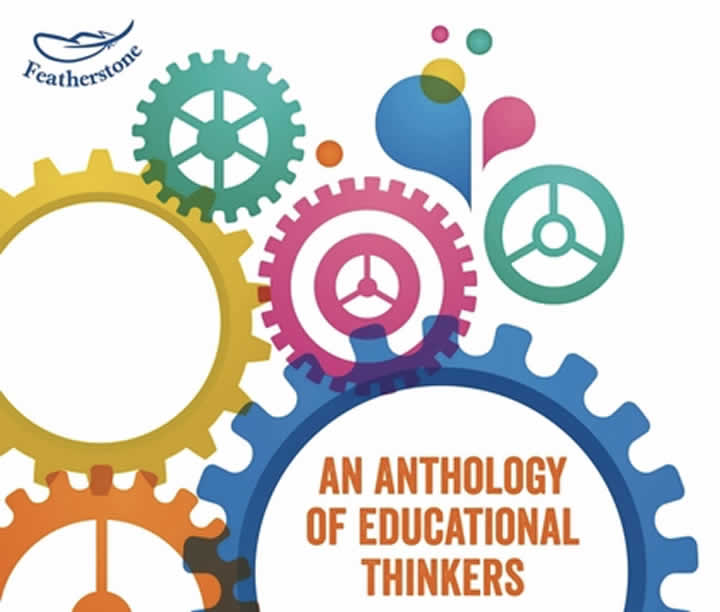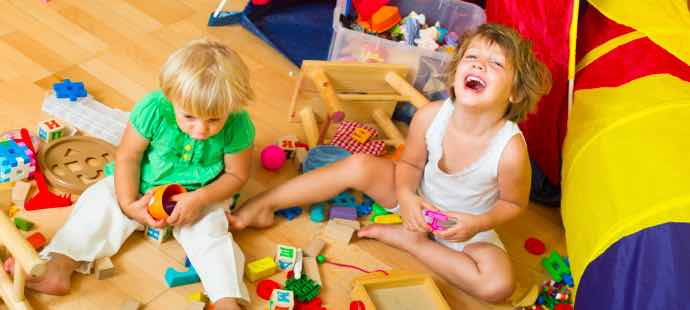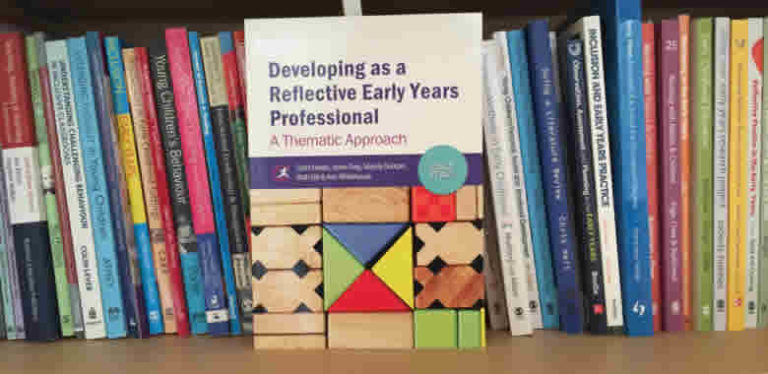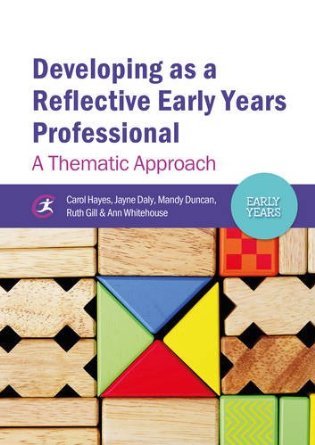Featured
Posted by Kathy Brodie on November 22, 2016.
Kathy Brodie on November 22, 2016.

I love reading about the different perspectives and pedagogical approaches to young children’s play, learning and development. It is fascinating to me that different people can view the same scene of children playing, but be able to analyse this in many, many different ways.
The more you reflect on different types of pedagogy, the greater your understanding of how children learn, play, grow and develop. It is vital that practitioners don’t fall into the (very easy) trap of ‘We’ve always done it like this’ and forget to reflect on their own practice.
There are some great opportunities for self-reflection and professional development, such as attending conferences, having professional discussions with others in networks or sharing on social media sites. But for quiet, personal reflection there is nothing to beat a great book, especially if it challenges some of your existing thinking.
So, when I received my copy of ‘An Anthology of Educational Thinkers’ written by Sally Featherstone, I was a little nervous that this would just reinforce all my current thinking, giving few opportunities for reflection.
How wrong can you be!
Featured
Posted by Kathy Brodie on June 2, 2016.
Kathy Brodie on June 2, 2016.

For some reason in the last few weeks I have either been doing lots of work with, or talking to, practitioners working in ‘packaway’ settings. These are settings that have to be packed into boxes and cupboards at the end of each day or each session, usually so the room or space can be used by someone else.
Although some of these are small settings, such as pre-schools, some are much larger, consisting of several rooms and outdoor areas. This can turn ‘tidy-up’ time from a quick check for any lego left out or toys in the garden into a huge logistical job where everyone needs to know their role inside out.
However, I do think that there are some great benefits that only those who DON’T have to heave boxes in and out every day can appreciate.
Featured
Posted by Kathy Brodie on September 18, 2015.
Kathy Brodie on September 18, 2015.

In November 2008 I wrote about the purpose, and importance, of EYP Networks (you can find the original post here).
Since then we have seen many changes. The Government have changed, over 15,000 people with the Status this time last year (National College for Teaching and Leadership statistics) and the Status has been renamed Early Years Teacher Status, along with a brand new set of Standards.
However, I strongly believed that Early Years Teacher Networks are still vital for the vast majority of people with the Status. In order to test this belief, I asked all my subscribers two questions:
Click here for more »
Featured
Posted by Kathy Brodie on June 18, 2014.
Kathy Brodie on June 18, 2014.

 I’m thoroughly enjoying the new series from Critical Publishing books. The latest one, Developing as a Reflective Early Years Professional, deals with the highly elusive and complicated concepts of reflective practice and reflection.
I’m thoroughly enjoying the new series from Critical Publishing books. The latest one, Developing as a Reflective Early Years Professional, deals with the highly elusive and complicated concepts of reflective practice and reflection.
Chapter 1 is by Carol Hayes and is all about reflective practice. There are some great examples of a range a reflective models and how these link to early years. One of Carol’s thoughts struck me particularly – the use of the word practitioner suggest ‘doing’. We all know settings (whether Nursery, childminder, nanny or teacher) are all about doing, but maybe there should be times when we consider ourselves thinkers, reflectors or researchers.
Click here for more »
Featured
Posted by Kathy Brodie on September 7, 2010.
Kathy Brodie on September 7, 2010.

EYPS, reflective practice and how this can improve outcomes for children at a setting
Reflective practice is one of the tools which can be used by Early Years Professionals to fulfil their role as ‘change agent’, which is at the heart of the Early Years Professional Status (CWDC, 2008). By structured reflection on current practice the EYP can identify what change is valuable, worthwhile and improving.
Methods vary from setting to setting. Practitioners may have personal reflective log books which are then reviewed regularly. Reflection can be done as a team in staff meetings. Documents such as the Self Evaluation Form (SEF) and the Early Years Foundation Stage (EYFS) are valuable starting points.
Click here for more »







